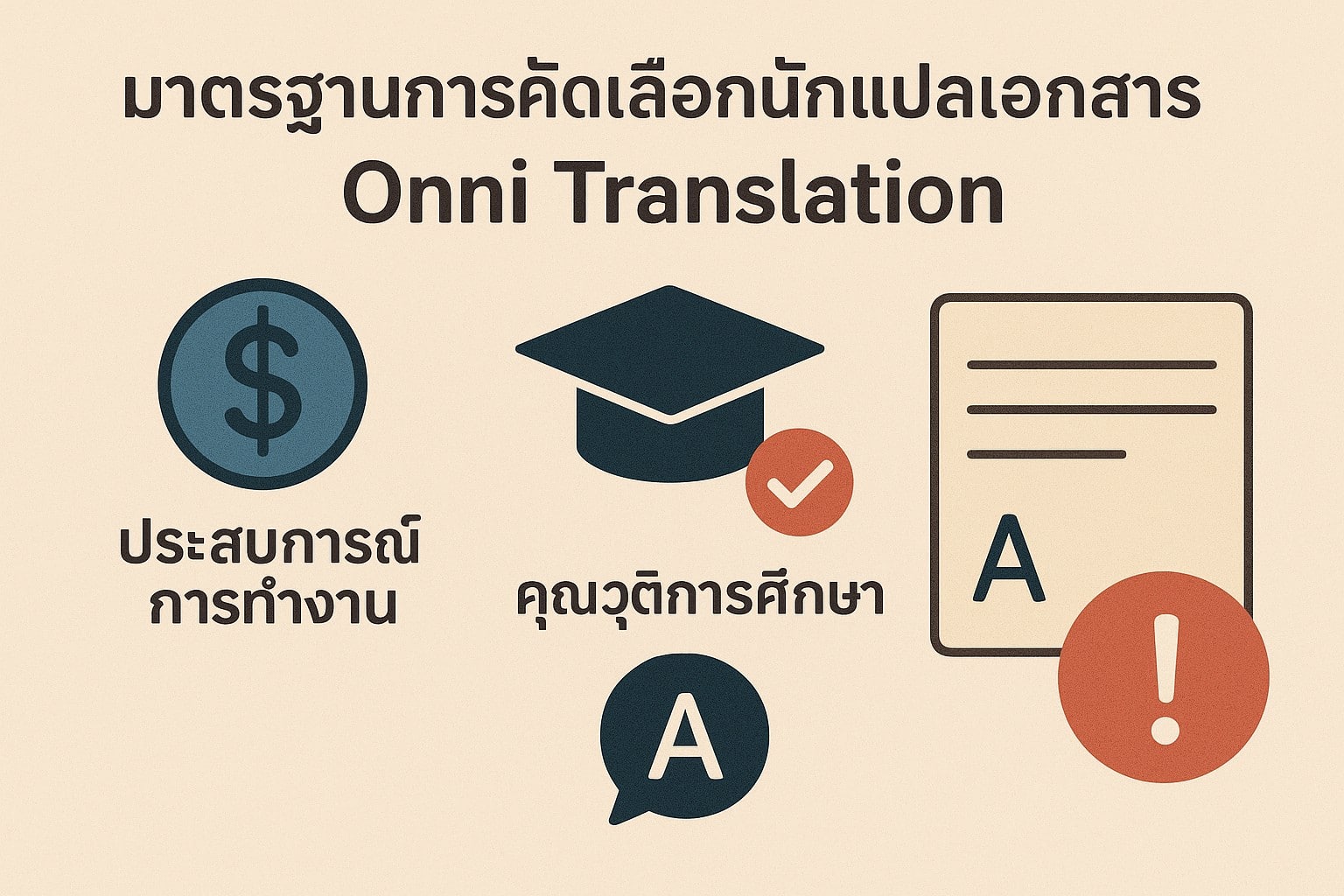
What Skills Do Professional Chinese Interpreters Need to Translate Accurately and Quickly?
What Skills Do Professional Chinese Interpreters Need to Translate Accurately and Quickly?
As China continues to play an increasingly important role in the global economy, diplomacy, and investment, the demand for Chinese interpreters has grown rapidly. However, being a professional Chinese interpreter who can interpret both accurately and swiftly requires much more than just speaking Chinese—it involves a combination of specialized skills developed through training and real-world experience, including:
1. Deep Understanding of the Chinese Language
More than just knowing vocabulary, a professional interpreter must grasp grammar, tone, idioms, and cultural context. For example, when someone says “我们考虑一下” (“We’ll think about it”), it may subtly mean “We are not interested” in a diplomatic or business context.
2. Sharp Listening Skills
Interpreters must listen to complex sentences and interpret them immediately without missing key points. This includes handling fast speech, strong regional accents, and occasional unclear pronunciation.
3. Extensive Bilingual Vocabulary
Especially in specialized fields like business, medicine, law, or education, a skilled interpreter prepares technical terms in advance and knows how to select the appropriate words for different levels of formality.
4. Quick Comprehension and Recall
The ability to grasp the main ideas instantly and rephrase them smoothly in the target language is essential. Unlike literal, word-for-word translation, good interpretation focuses on meaning and flow.
5. Emotional Control and Confident Delivery
In live settings, interpreters often work under pressure. They must control their facial expressions, tone, and speaking rhythm to maintain a natural, professional presence, without letting their personal emotions show.
6. Awareness of Current Affairs and Global Context
A top interpreter stays updated on China–Thailand–world affairs, understands business etiquette, and is culturally sensitive—ensuring their interpretations are accurate, appropriate, and respectful.
In Summary:
Chinese interpreters don’t just translate language—they interpret meaning, culture, and intent.
If you’re looking for a professional Chinese interpreter, don’t just choose someone who speaks the language. Look for someone with strong skills in listening, interpreting, and communication—combined with a deep understanding of both Chinese and Thai contexts.
At Onni Translation, we carefully select interpreters who meet high professional standards to ensure your communication is accurate, effective, and confidently delivered.



